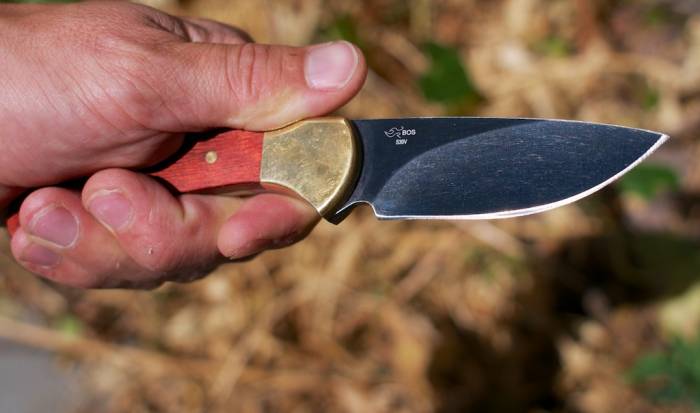Last updated on January 13th, 2024 at 05:45 am
Knife ownership carries legal and safety risks. “What age can you carry a knife?” is a common question among outdoor enthusiasts and professionals. This handbook covers knife laws, safety, and responsibility. This page will help parents, knife enthusiasts, and practical knife users.
What is Knife Laws
Knife-carrying laws differ by jurisdiction. To stay legal, you must know your local knife laws. Knife laws address blade length, kind, and use. Some localities limit concealed carry or knife carry in public. Consult local law enforcement or knife law experts for accurate knife law information.
Safety Tips for Carrying a Knife
Carrying a knife might be beneficial, but safety is paramount. Important safety tips:
Keep a knife’s blade away from you and others.
Use a knife responsibly, not as a weapon.
Sharpen the blade to avoid mishaps.
For safety, keep the knife in a sheath or holster.
Give someone a knife by holding the handle with the blade down.
Keep knives away from children and unauthorised people when not in use.
The Right Age to Carry a Knife

The right age to carry a knife depends on maturity, accountability, and the reason for carrying it. When determining knife-carrying age, consider the following:
Maturity and Responsibility: Carrying a knife demands maturity and responsibility. Younger people may lack the judgement and understanding to handle knives safely. Before giving a youngster a knife, parents should evaluate their maturity and safety skills.
Purpose and Context: The age depends on why you carry a knife. A scout or outdoor kid may need a knife to cut ropes or cook. Such circumstances may lower the knife-carrying age. Still, strong supervision and training are needed.
Local Laws and Regulations: As said, knife laws differ by jurisdiction. Know your local knife-carrying age laws. These regulations protect the public from knife usage.
Supervision and Training: Knife carriers of any age need supervision and training. Knife safety, use, and maintenance must be taught to kids and teens. Experienced adults may teach knife safety and good habits.
FAQs
Is there a knife age limit?
The minimum knife-carrying age varies by jurisdiction. To establish your local age restrictions, check local laws and regulations.
Can kids carry certain knives?
For scouting or outdoor activities, children may carry knives. However, close monitoring and knife safety instruction are essential.
Underage knife possession: what’s the law?
Underage knife possession is illegal. Knife confiscation, penalties, and criminal prosecution are possible. Avoid legal issues by following local laws.
Should parents let their kids carry knives?
Parents should examine a child’s maturity, responsibility, and knife use before letting them carry one. Knife safety requires supervision, training, and advice.
Does each country have knife-carrying laws?
Knife regulations vary by nation and even by state. To avoid legal complications, you must know your local laws.
How can people carry knives responsibly?
Safety, local legislation, training, and correct knife handling are essential for responsible knife carrying. Use knives for their intended usage and keep them safely.
Conclusion
Maturity, purpose, and local legislation determine knife carry age. Prioritise safety, knife handling, and legality. Parents should evaluate their child’s maturity, supervise and instruct them, and make sure their knife use is age-appropriate.
Knife ownership is serious. Knives should be used for their intended purposes, handled carefully, and stored safely. These principles reduce knife dangers and promote safe knife use.
